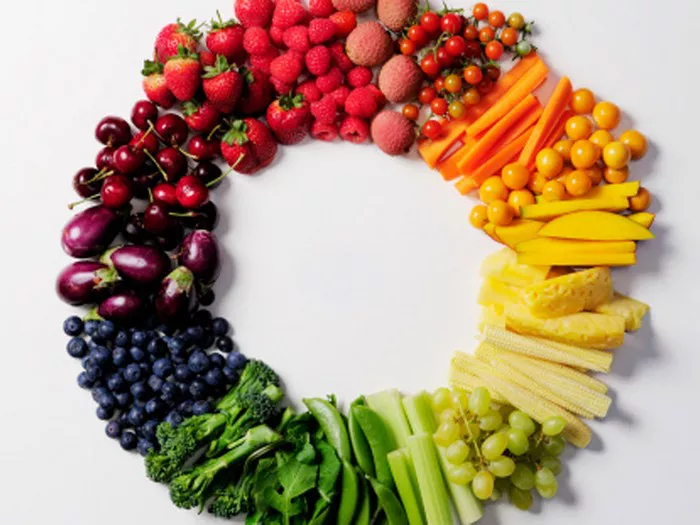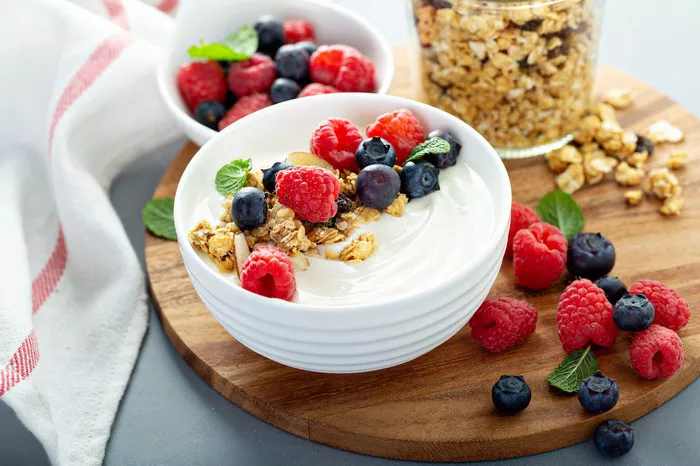Dried fruits are a popular choice for healthy snacking due to their convenience, long shelf life, and concentrated nutritional value. However, for those mindful of their sugar intake, it’s important to choose dried fruits that are lower in sugar content. In this article, we’ll delve into the world of dried fruits and explore some options that are relatively low in sugar, allowing you to enjoy the natural sweetness without excessive added sugars.
Understanding Dried Fruits
Dried fruits are fruits that have been dehydrated to remove their moisture content, leaving behind a condensed form packed with nutrients. The drying process enhances the flavors and concentrates the natural sugars present in the fruit, making them a sweet and satisfying snack.
It’s important to note that while dried fruits contain natural sugars, they also provide essential vitamins, minerals, and dietary fiber. Their nutrient profile makes them a healthier alternative to processed snacks that are laden with refined sugars.
Factors Affecting Sugar Content
The sugar content of dried fruits can vary depending on several factors, including the type of fruit, ripeness at the time of drying, and whether any additional sugars have been added during the drying process. Some fruits naturally have higher sugar content than others, but even within the same fruit family, there can be variations.
Low-Sugar Dried Fruits
When choosing dried fruits with lower sugar content, it’s helpful to keep a few options in mind. Here are some fruits that tend to be relatively lower in sugar compared to their counterparts:
Apricots: Dried apricots are a nutritious and naturally sweet snack. They contain less sugar than many other dried fruits and are a good source of dietary fiber, potassium, and vitamin A.
Cranberries: Dried cranberries offer a tangy and slightly sweet flavor. They are lower in sugar compared to many other dried fruits and are known for their antioxidant properties.
Pears: Dried pears provide a naturally sweet and chewy snack. They contain moderate levels of sugar and are rich in dietary fiber, vitamin C, and potassium.
Apples: Dried apples are a classic choice and have a satisfying crunch. They contain natural sugars but are lower in sugar compared to some other dried fruits. Apples are also high in dietary fiber and vitamin C.
Prunes: Prunes, or dried plums, have a rich, sweet taste and are often enjoyed as a natural remedy for digestive health. They have a relatively low sugar content and are high in fiber, vitamin K, and potassium.
Cherries: Dried cherries have a delightful balance of sweetness and tartness. They are lower in sugar compared to some other dried fruits and are a good source of antioxidants.
Grapefruit: Dried grapefruit, though less common, is a tangy and refreshing option. It contains less sugar than many other dried fruits and is high in vitamin C and fiber.
Lemons: Dried lemon slices can add a zesty twist to your snacking routine. They have minimal sugar content and are a good source of vitamin C and antioxidants.
Peaches: Dried peaches offer a fragrant and subtly sweet flavor. They contain natural sugars but are lower in sugar compared to some other dried fruits. Peaches are also rich in dietary fiber and vitamin A.
Plums: Dried plums, or prunes, have a sweet and chewy texture. They are relatively low in sugar and are a good source of dietary fiber, vitamin K, and potassium.
Making Informed Choices
While the dried fruits listed above are generally lower in sugar, it’s still essential to consume them in moderation as part of a balanced diet. Even though they offer valuable nutrients, they can still contribute to your overall sugar intake.
When purchasing dried fruits, it’s advisable to opt for unsweetened varieties. Some commercially available dried fruits may have added sugars or sweeteners to enhance their taste and appearance. Reading ingredient labels and choosing products with no added sugars can help you make more informed choices.
It’s also worth noting that portion control is important when enjoying dried fruits. Due to their concentrated nature, it’s easy to consume a larger quantity in a single sitting, which can contribute to a higher sugar intake. Paying attention to serving sizes and pairing dried fruits with a source of protein or healthy fats can help regulate blood sugar levels and provide a more balanced snack.
The Benefits of Dried Fruits
Despite their sugar content, dried fruits offer numerous health benefits. They are a great source of dietary fiber, which aids in digestion and promotes feelings of fullness. Dried fruits also provide essential vitamins and minerals, including potassium, vitamin C, and antioxidants, which support overall health and well-being.
Additionally, the natural sugars found in dried fruits are accompanied by fiber, which helps slow down the release of sugars into the bloodstream, preventing sudden spikes in blood sugar levels. This makes dried fruits a preferable option compared to processed snacks that contain refined sugars and lack beneficial nutrients.
Conclusion
Dried fruits can be a healthy and satisfying snack choice, especially when consumed in moderation and selected wisely. While all dried fruits contain natural sugars, some options are relatively lower in sugar compared to others.
Apricots, cranberries, pears, apples, prunes, cherries, grapefruit, lemons, peaches, and plums are among the dried fruits with lower sugar content. These fruits provide a range of flavors, textures, and nutrients, making them ideal choices for those who are sugar-conscious.
Remember to read ingredient labels, choose unsweetened varieties, and practice portion control when enjoying dried fruits. By incorporating these delicious and nutritious snacks into your diet, you can indulge in their natural sweetness while reaping the health benefits they offer.























